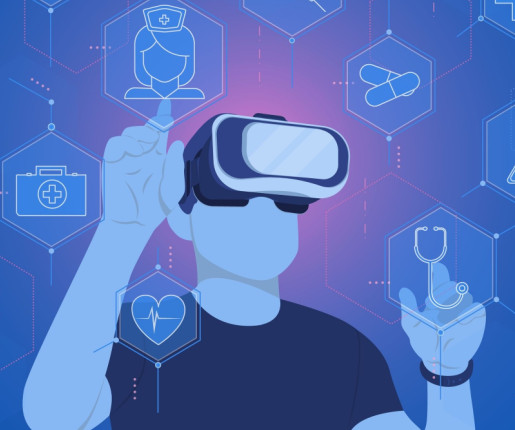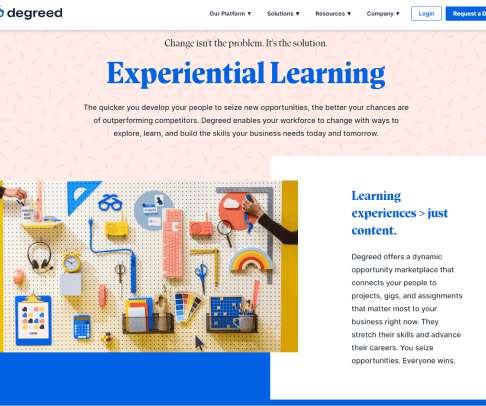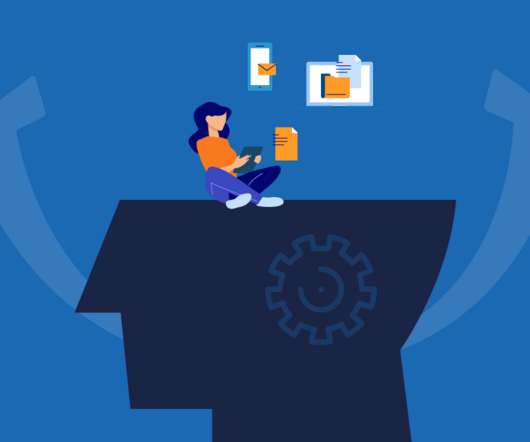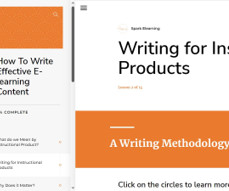The Advantages and Potential of Virtual Reality: Test Your Knowledge!
KnowledgeOne
MAY 10, 2023
Of all the high-fidelity simulation technologies, VR is by far the most powerful in convincing the user’s brain that they are actually in a world of its own and in generating sensations and emotions as intense as those experienced in a real-world setting. Test your knowledge by answering the following five questions. True or false?





























Let's personalize your content